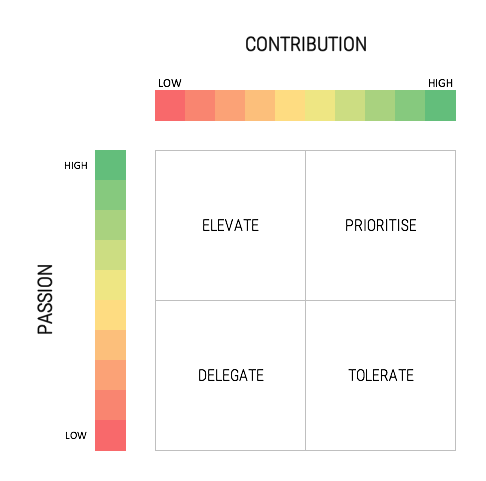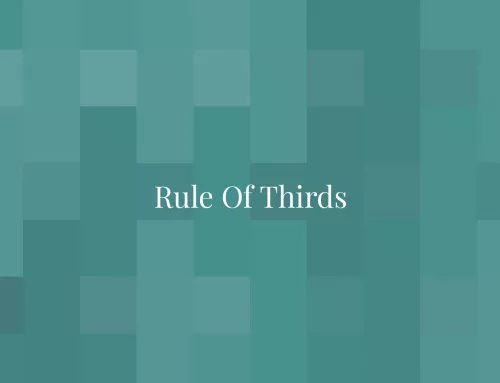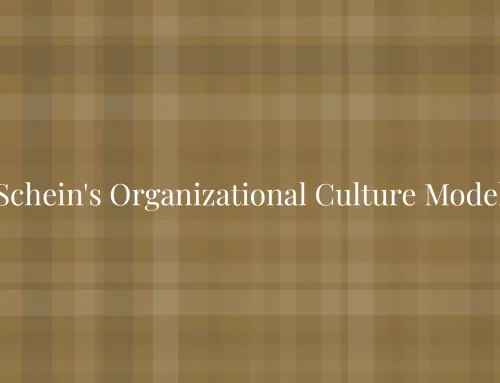Some consulting firms manage their staffs according to an up-or-out policy governing both promotions and staff retention. As consultants moves up the hierarchy, thy assume increasing levels of responsibilities. If the firm is organised in set teams, this can be on an ongoing basis. Instead, if the firm is organised as a resource pool, such promotion will be on an engagement-by-engagement basis. As consultants are promoted, they are increasingly expected to market the firm’s services to new prospective clients, or to sell new engagements to existing clients.
For Managers supervising Consultants
High performing consultants constantly adapting their strategies to reach their goals. The ability to self motivate helps consultants navigate the chaotic waters at the client, remain focused, stay energised, and deliver. However, if you are a manager of consultants, you can’t simply hold them back and ask them to continue in their roles. They will feel under-appreciated and will move out on their own.
Peter Principle
As a Manager, in addition to the Halo and Horn effects, you should also be aware of the Peter Principle when promoting people. In 1969, Dr. Laurence J. Peter and Raymond Hull formulated this phenomenon in their book, The Peter Principle[1]. The central theme of this book was:
In a hierarchical organisation, employees tend to rise to their level of incompetence
According to this principle, if you promote a candidate based on his / her current performance[2] rather than on the abilities relevant to the intended role, then the candidate may not be able to deliver in the new role. Here are some tactics to promote the best:
- Promote slowly and methodically: Promote only those who have demonstrated the skills and cognitive abilities to perform at the next level
- Don’t promote for effort: While effort is praiseworthy, it doesn’t drive the business. Results do. Promote when you see results that exceed your expectations
- Train people for new positions: Before they take on the title or promotion, have them shadow the current person, or take on the position in a acting role to confirm they have the ability to perform as required.
For Consultants seeking promotions
If you are a consultant that deserves to be promoted, you should take ownership of your work. To be in control of your work, you should prioritise (e.g. using the Eisenhower Principle) your daily workload around the goals you wish to achieve. To set your priorities, ask yourself:
- What is my greatest contribution? Consider the needs of your firm and what you bring to the table in terms of knowledge, expertise and skills
- What am I passionate about? Passion is a key motivating and energising factor in your work. Identify those activities that inspire you and are important for your firm’s development
Based on the above criteria, you could develop a matrix that helps you to order and prioritise your workload.

Prioritise
Usually, these activities are the core of your business. You should prioritise these activities to give you the opportunity to deliver more added value, while doing fulfilling work.
Tolerate
These tasks don’t challenge you, but you must tolerate them and give your best. Consultants don’t have the luxury of doing only those things they are passionate about. Sometimes, we have to get out of our comfort zone. When you realise that some of the activities at the heart of your job are in this section, you may want to change the order and refocus on subjects you are passionate about. This quadrant also highlights the potential for career change.
Elevate
You are passionate about these tasks. They give you renewed energy, but they are not perceived at their true value by your firm. In such controversial scenarios, you may:
- Improve added value. When an activity is really important to you and you know that it represents unquestionable added value for your company, make it known! Take the lead and highlight the value of this project to your colleagues, so that they understand the value of the time you spend working on this topic
- Take a step back. Although some activities may be exciting, it is important to stay on your own turf. Sometimes we all want to share our expertise and take on responsibilities that are not our responsibility. But be careful not to get lost
Delegate
All those activities that waste everyone’s time, such as emails, meetings, etc. If you don’t have the ability to delegate these tasks to someone, try to reduce the time you spend on them to a minimum. For example, only attend meetings that matter to you. Sort your emails quickly and eliminate anything that doesn’t add value.




